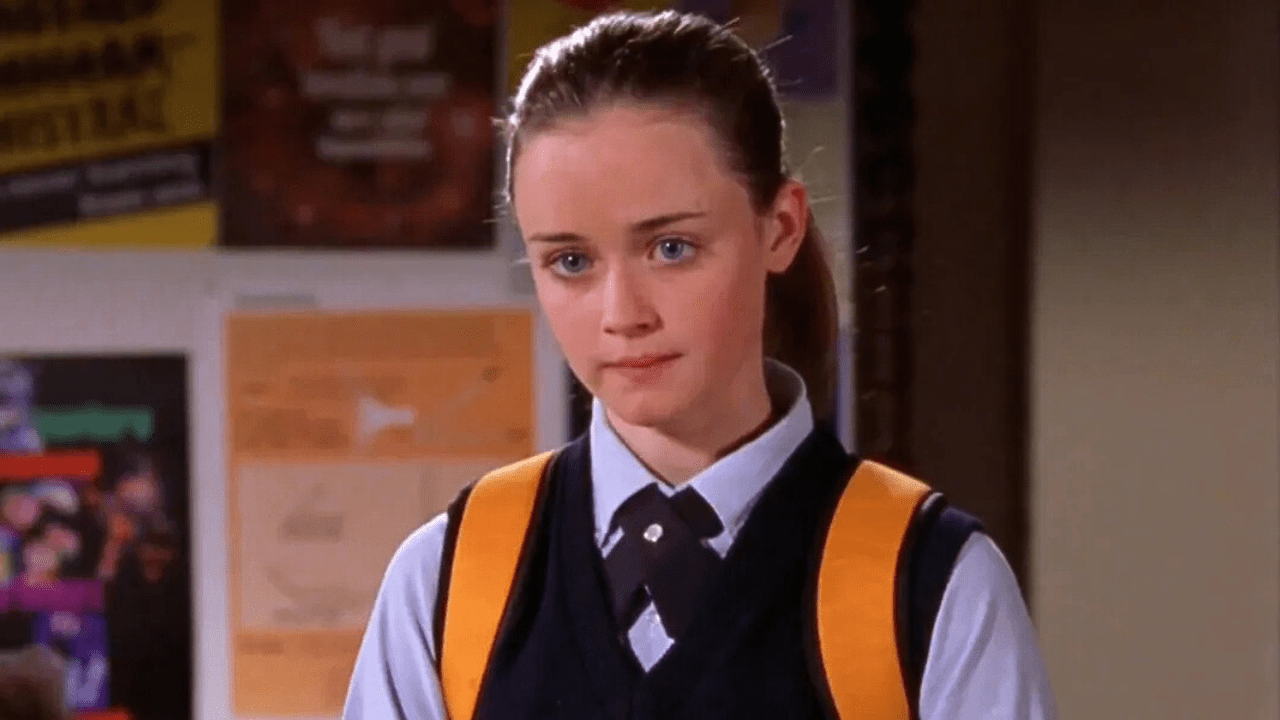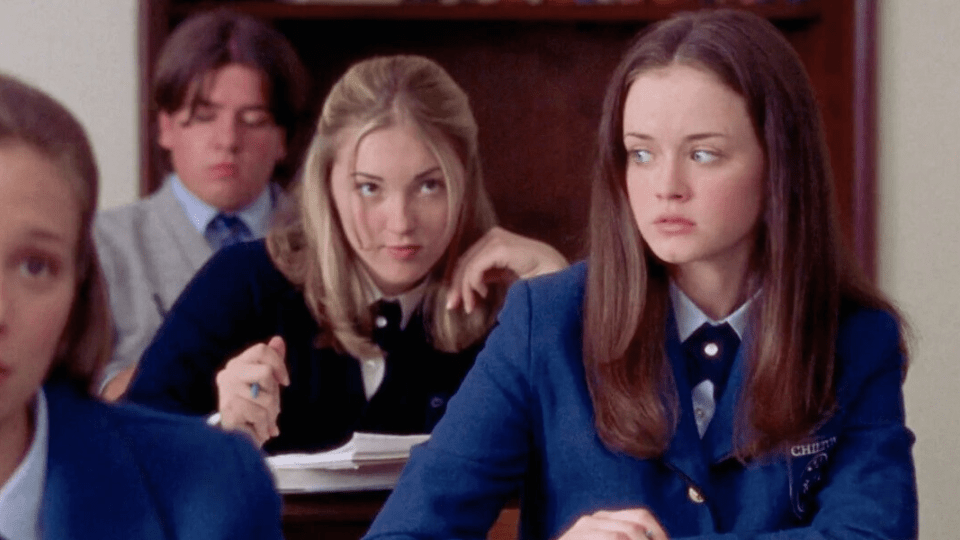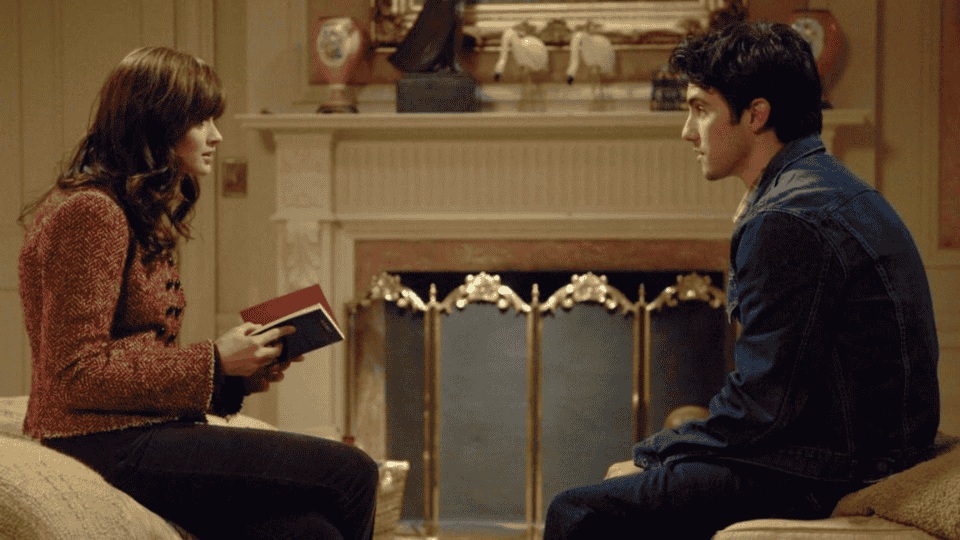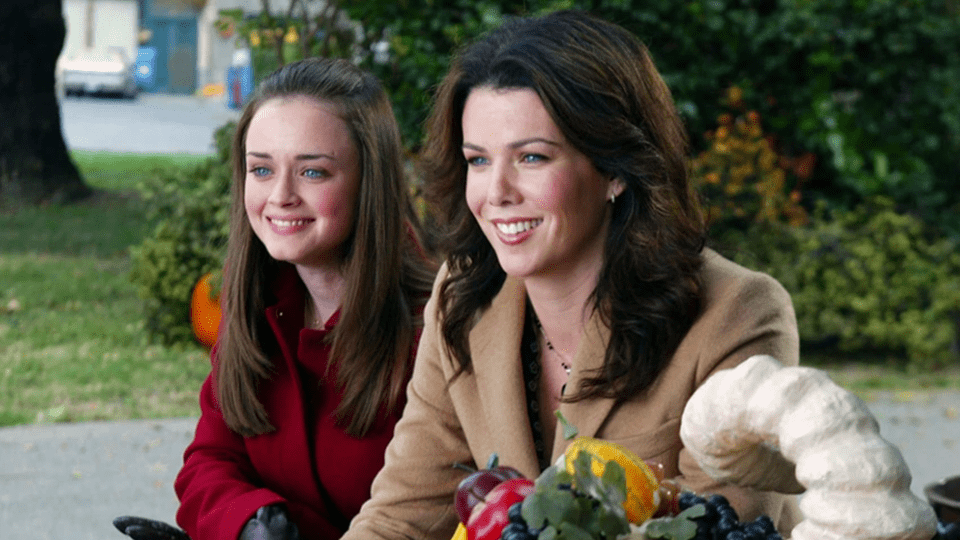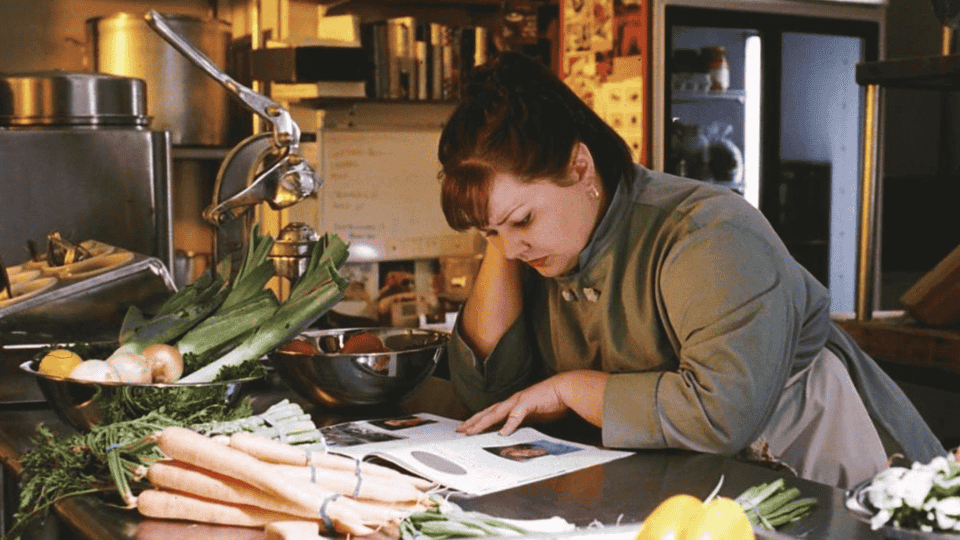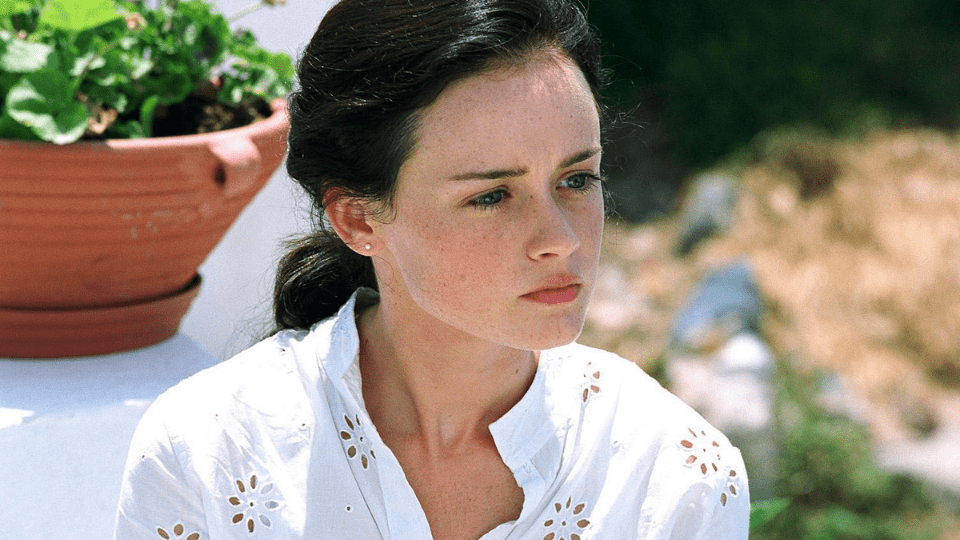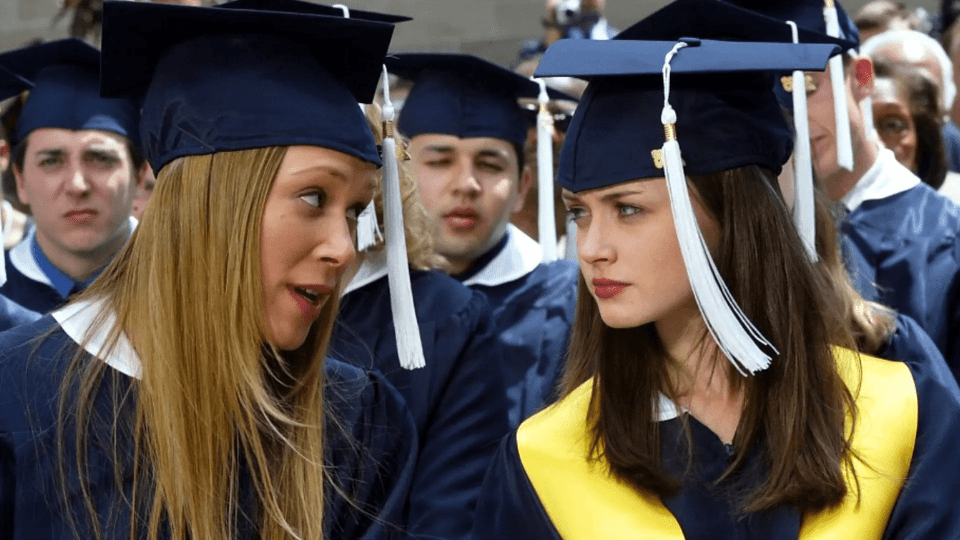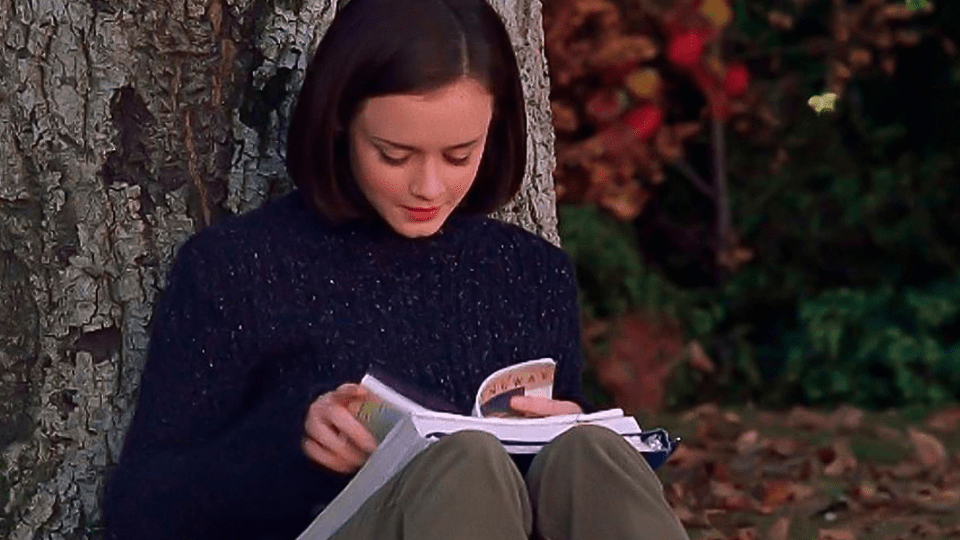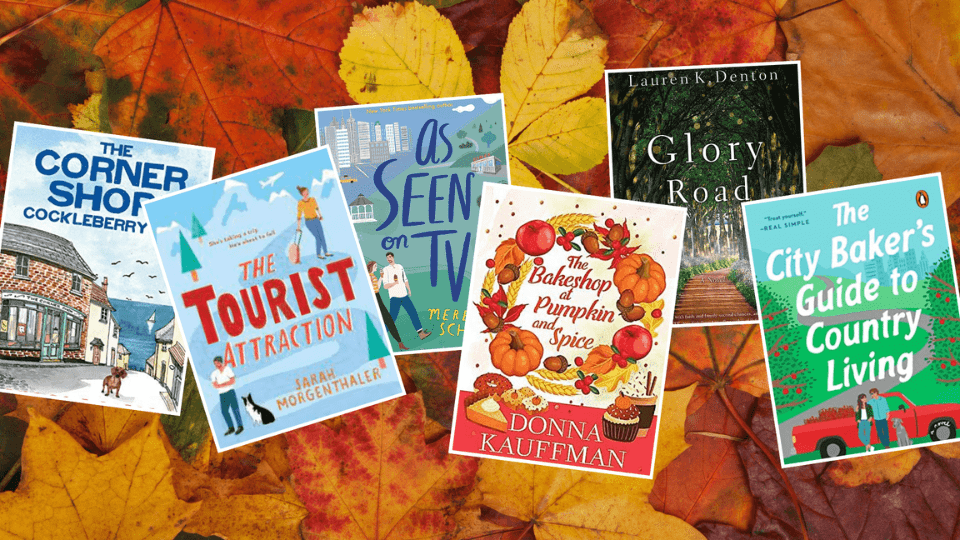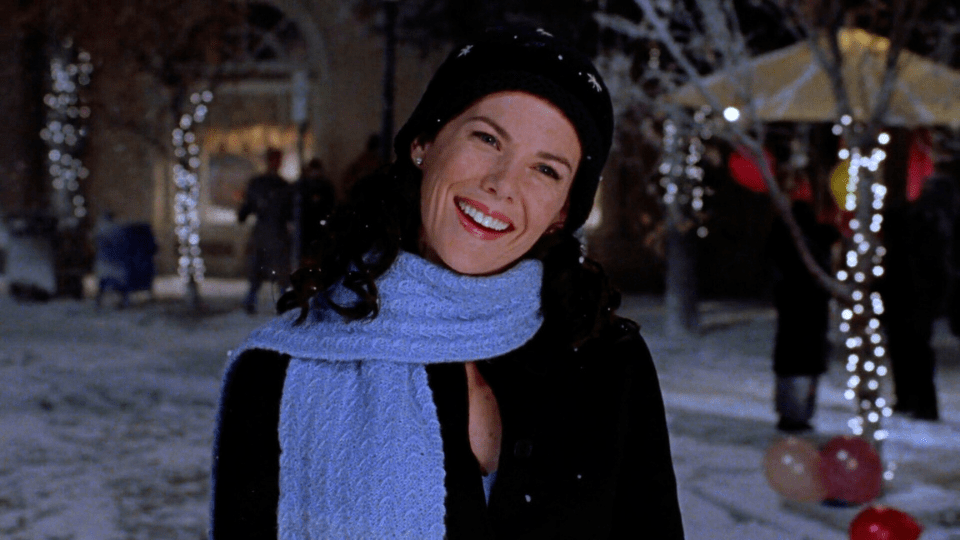When Gilmore Girls first aired, Rory Gilmore stood out as a refreshing representation of teenage girls on TV. Bookish, academically driven, and sharing an unusually close relationship with her mother, Lorelai, Rory was the rare teen character whose love of school was aspirational rather than nerdy or uncool.
Many fans naturally expected her career to skyrocket after graduation, particularly in journalism, given her passion for reading and writing and the several references to Christiane Amanpour. But as the series - and later A Year in the Life - unfolded, it became evident that Rory lacked several key qualities necessary to thrive in the demanding and competitive world of journalism.
First and foremost, Rory’s academic achievements often seemed motivated more by a desire to outshine her peers and meet her mother’s expectations than by genuine curiosity or passion for the wider world. She excelled at Chilton largely because she enjoyed the idea of continued praise and recognition. Yet, when faced with real-world pressures, Rory frequently buckled. For example, she had a melt down after getting a D on an assignment, an early sign that academic brilliance didn’t always translate to resilience.
Journalism demands hustle, networking, and the ability to endure rejection. Rory’s attitude toward work revealed a severe lack of this ethic. She famously complained that working twenty hours a week for her community service felt like a full-time job - hardly the mindset of someone ready to tackle the grueling hours and grind of a journalism career.
Her sheltered upbringing in the close-knit town of Stars Hollow further left her ill-prepared for the harsh realities of competitive fields. Surrounded by constant praise and affirmation, Rory struggled when she encountered real competition, such as during her Yale internship. Mitchum Huntzberger, Logan’s influential father, famously told Rory that she simply wasn’t cut out for journalism, advice she ultimately took as a reason to give up on all aspects of her live - Yale, her Mother, her Friends - rather than an opportunity to grow.
This fragility stood in stark contrast to characters like Paris Geller, Rory’s hardworking and driven classmate. Paris came from a wealthy background but lacked a close family support system, forcing her to push herself relentlessly. Rory, meanwhile, coasted on privilege and the unwavering support of her grandparents, Richard and Emily, who funded her education and lifestyle. When Rory failed to secure a coveted internship at The New York Times, her grandparents were baffled, unable to grasp why the world wouldn’t bend to Rory’s will.
Rory’s personality also didn’t align well with journalism’s demands. With her life cushioned by financial support and little exposure to the struggles faced by most people, she lacked the real-life experience needed to connect authentically with diverse stories and communities. Journalism requires empathy and the ability to navigate complex human realities - skills Rory never seemed to develop fully.
Her career decisions further revealed a troubling sense of entitlement. She famously turned down a permanent, full-time writing job with benefits at a less prestigious newspaper in favor of a six-month unpaid internship that she hadn't been promised. This choice, emblematic of Rory’s belief that success was owed to her, set the stage for her professional struggles.
Compounding this was Rory’s personal life, where her ethical standards and sense of responsibility were questionable - traits that would be problematic for any journalist. She cheated on Dean while he was married, neglected major milestones in her best friend Lane’s life, and even stole a yacht, behaving as though she were above the law. Her romantic entanglements continued to cause chaos into her 30s, including sleeping with an engaged Logan despite having a long-term boyfriend named Paul.
Furthermore, Rory’s journalism ambitions often felt more like an extension of her mother’s dreams than her own. Rory’s path seemed driven by the desire to fulfill family expectations rather than a true calling. While Rory excelled at academic writing, journalism demands instinct, curiosity, and a deep connection with people - skills she was criticized for lacking, even by her Yale Daily News editor.
Finally, Rory’s inability to recognize her place in society created distance between her and the subjects she would be expected to report on. Unlike Logan, who understood his privilege and societal role, Rory remained largely unaware of how her wealthy background shaped her experiences. This disconnect would have made producing nuanced, empathetic reporting exceedingly difficult.
By the end of Gilmore Girls and A Year in the Life, it was clear that journalism was never truly Rory’s fit. She was introverted, logical, and craved predictability - traits misaligned with the chaotic, fast-paced nature of journalism. Her belief that success was guaranteed by academic achievement and familial support ultimately doomed her career before it began and she ended up just lazing around at home in her 30s.
Rory’s story exemplifies the challenges gifted children face: early praise can lead to entitlement, setbacks, and quarter-life crises. Despite her potential, Rory remained stuck in a cycle of unfulfilled promise. As she approached her mid-30s, lost and uncertain, Rory’s journey underscored a poignant truth: sometimes, no matter how bright you are, the world demands more than talent - it demands resilience, grit, and humility.

